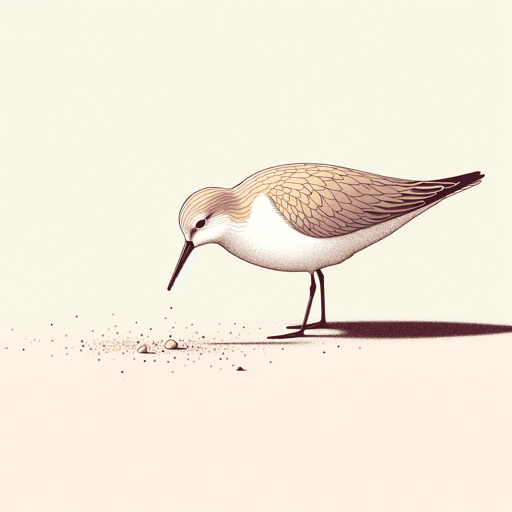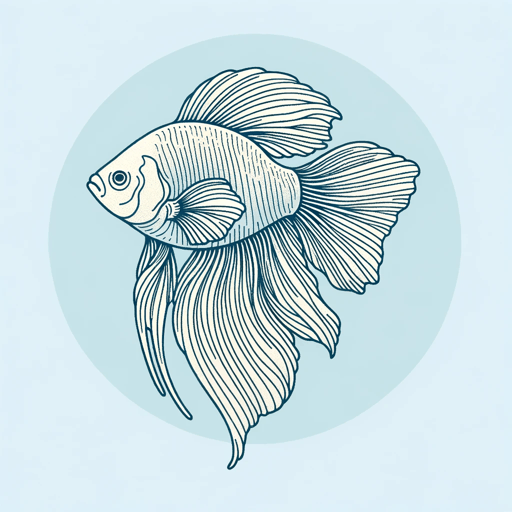20 pages • 40 minutes read
Elizabeth BishopThe Fish
Fiction | Poem | Adult | Published in 1946A modern alternative to SparkNotes and CliffsNotes, SuperSummary offers high-quality Study Guides with detailed chapter summaries and analysis of major themes, characters, and more.
Themes
The Natural World
Elizabeth Bishop was a close observer of the world around her, and her poetry reflects this, if it is not defined by it. Bishop was drawn to the natural world, which was conducive to solitude, contemplation, and quiet revelation. As with two of her poetic influences, Hopkins and Moore, Bishop felt compelled to describe the natural world with an almost scientific precision. This attempt to render in words the complexities of nature led to poems layered with startling images and striking connections between seemingly disparate things.
In Bishop’s poem “The Fish,” as in other of her poems such as “The Moose” and “The Armadillo,” there is a sudden intersection of the human and animal worlds, which pulls the speaker out of the everydayness of her life and propels her into another realm. This jarring meeting with an animal life, drawn up from the depths of the water, reveals a glimpse into a world that seems somehow more unified than fractured. The speaker’s connection to the deep, though the fish, reveals a deeper connection to life as well. In these poems, as in “The Fish,” the speaker experiences the thrill that comes from feeling connected to something larger than the self.
In “The Fish,” as with Bishop’s other poems that focus on the natural world, there is the initial sense of an intrusion, whether the intrusion be the human into the animal world, or the animal suddenly thrust into the human realm.
Related Titles
By Elizabeth Bishop

A Miracle for Breakfast
Elizabeth Bishop

Arrival at Santos
Elizabeth Bishop

Crusoe in England
Elizabeth Bishop

Exchanging Hats
Elizabeth Bishop

Five Flights Up
Elizabeth Bishop

Insomnia
Elizabeth Bishop

One Art
Elizabeth Bishop

Sandpiper
Elizabeth Bishop

Sestina
Elizabeth Bishop

The Armadillo
Elizabeth Bishop

The Imaginary Iceberg
Elizabeth Bishop

The Moose
Elizabeth Bishop

The Mountain
Elizabeth Bishop

The Shampoo
Elizabeth Bishop

